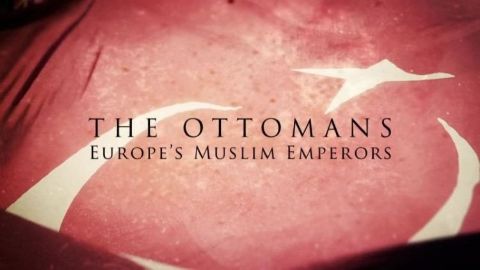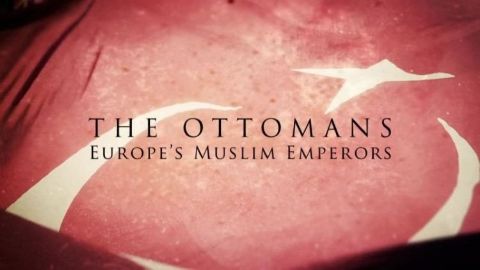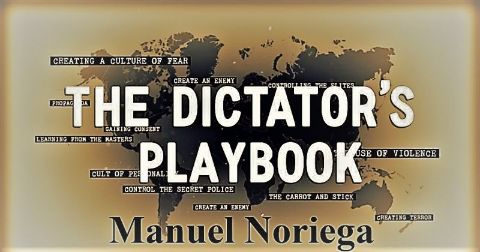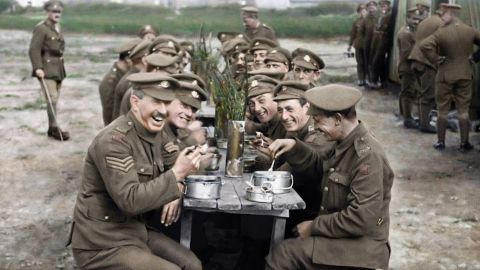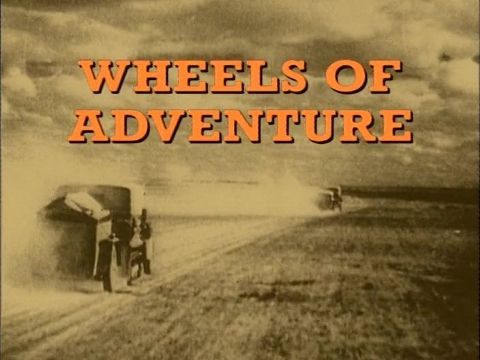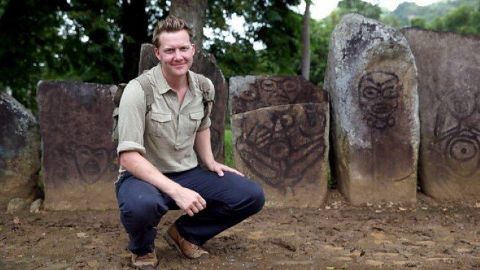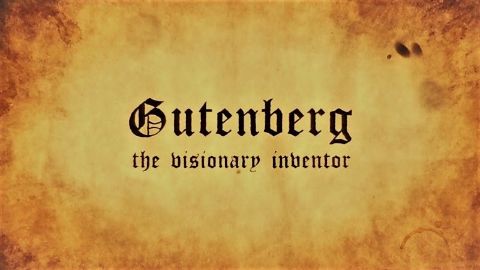Suleiman the Magnificent and Abdul Hamid II • 2013 • episode "S1E2" • The Ottomans: Europe's Muslim Emperors
Continuing his fascinating journey to rediscover the central role played by the Ottoman empire in Europe and the Middle East, Rageh Omaar explores the huge contrasts in the times of two very different Ottoman sultans. The most famous Suleiman the Magnificent in the golden age of the 16th century and the troubled reign of Abdul Hamid II in the 19th century when the Ottomans were dubbed 'the Sick Man of Europe'. Rageh examines the cultural legacy as well as the physical, religious and political architecture of Ottoman rule to find out what a Muslim world run from Europe was really like. It reveals the backdrop to the relationship between Islam and Europe today, how the Ottomans became central in the power politics of Europe and what could have happened had they succeeded in their successive bids to seize Vienna, then a key European capital.
Make a donation
Buy a brother a hot coffee? Or a cold beer?
Hope you're finding these documentaries fascinating and eye-opening. It's just me, working hard behind the scenes to bring you this enriching content.
Running and maintaining a website like this takes time and resources. That's why I'm reaching out to you. If you appreciate what I do and would like to support my efforts, would you consider "buying me a coffee"?
Donation addresses
BTC: bc1q8ldskxh4x9qnddhcrgcun8rtvddeldm2a07r2v
ETH: 0x5CCAAA1afc5c5D814129d99277dDb5A979672116
With your donation through , you can show your appreciation and help me keep this project going. Every contribution, no matter how small, makes a significant impact. It goes directly towards covering server costs.
